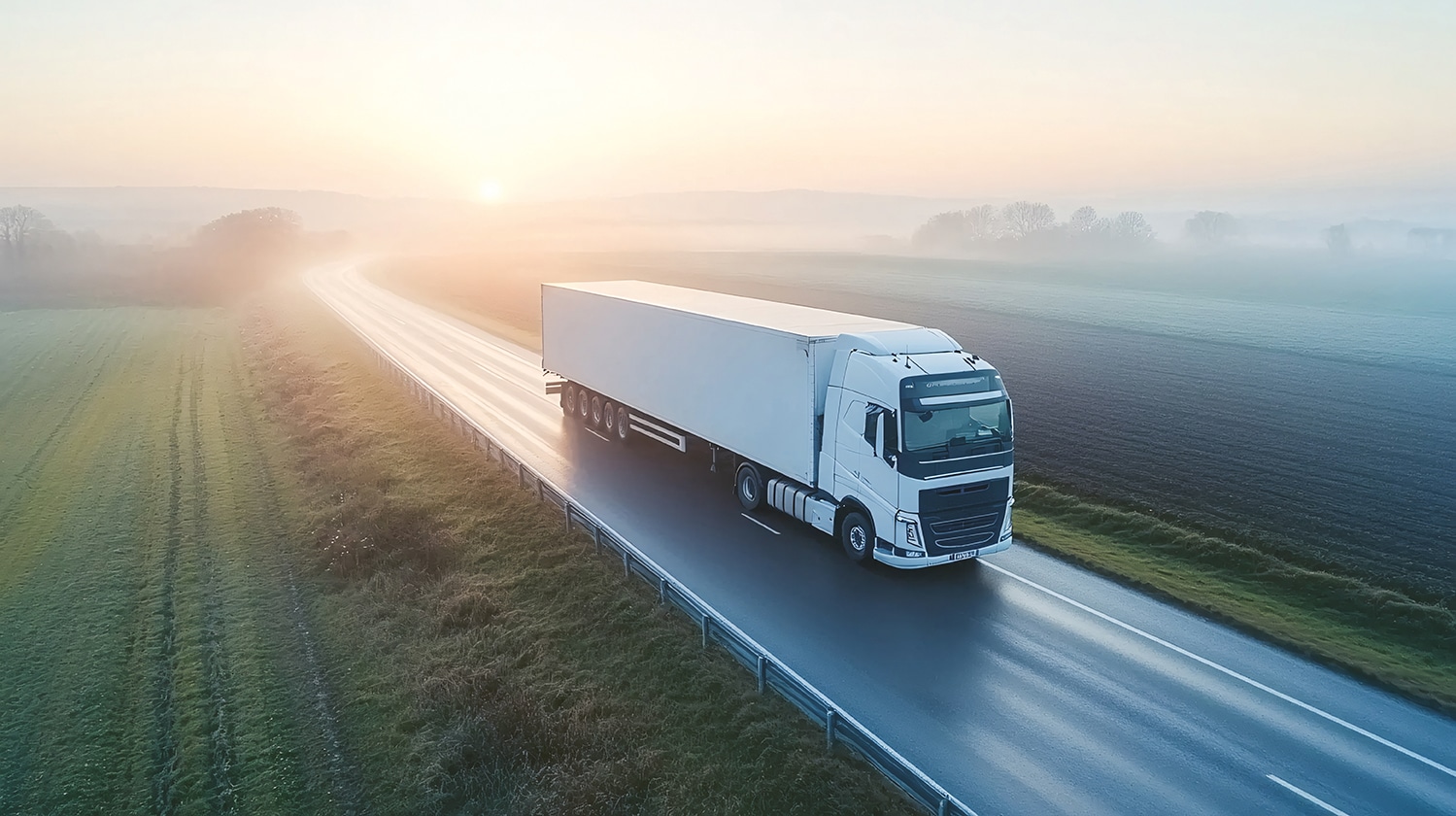Polish Transport Sector: Resilience Amid Crisis
Despite an ongoing industry crisis, Polish road transport companies continue to dominate the European market, accounting for 20% of transport operations across the continent. However, structural changes and regulatory challenges are putting increasing pressure on the sector.
The Polish road transport sector remains a major player in Europe, performing 20% of the continent’s transport work, according to the latest report, “Road Transport in Poland 2024/2025.” This achievement comes despite an ongoing crisis that has affected the industry since 2023, with more than half of businesses reporting revenue declines.
The report, prepared by the Employers’ Association “Transport and Logistics Poland” (TLP) and analytical center SpotData, in cooperation with Continental Tires Poland and Shell Poland, highlights key challenges faced by the industry and outlines strategies for long-term growth and sustainability.
“This is the most serious crisis in the road transport market in over 20 years,” said Maciej Wroński, President of TLP. He noted that the sector’s share in bankruptcy and restructuring proceedings across the entire economy has surged from 5% in 2021 to 13% in 2024.
Structural Changes and Challenges
In 2024, for the first time, the number of companies holding community licenses for international transport decreased, according to the Chief Inspectorate of Road Transport. Another key indicator of the downturn is the decline in driver certificates issued to foreign workers.
“Last year, we saw a decline in the number of immigrants working in Poland’s road transport sector, particularly those from Ukraine, Belarus, and Moldova,” stated Ignacy Morawski, Director of SpotData and co-author of the report.
Since Poland’s accession to the EU in 2004, its transport companies have increased their market share from 5% to the current 20%, surpassing their German counterparts. However, industry experts warn that further expansion faces structural hurdles.
Regulatory Pressures and Decarbonization Efforts
Polish carriers must adapt to rapidly evolving regulatory requirements, particularly in the area of decarbonization. EU policies are pushing the industry toward zero-emission vehicles, but economic feasibility and infrastructure gaps remain significant challenges.
“Electrification is an excellent solution for last-mile and distribution transport; however, it is not yet viable for long-haul operations. LNG and BioLNG are currently the most feasible alternatives for reducing CO2 emissions in long-haul transport,” said Michał Niemiec, Sales Manager at Shell Poland.
Despite regulatory pressure, only 10% of surveyed companies plan to invest in electric vehicle fleets over the next five years.
A Future Built on Technology and Efficiency
Polish transport firms are focusing on enhancing efficiency through digitalization and technological investments to stay competitive. According to the report, 70% of companies plan to expand their fleets in the next five years, while 54% are investing in process digitalization.
“Polish transport companies, as European market leaders, are intensively investing in digital technologies and seeking more efficient business models. These efforts aim to maintain competitiveness and create a foundation for future growth and profitability,” said Artur Skorupa, Sales Director at Continental Automotive.
Industry leaders emphasize that the upcoming Polish EU presidency presents a strategic opportunity to advocate for adjustments to policies such as the Green Deal, which could better align with the economic and political interests of the sector.
Looking Ahead
While the Polish road transport sector is currently facing a challenging period, businesses are not standing still. They are adapting, investing, and preparing for a future where growth and profitability can return.
“Our industry has strong fundamentals that will allow us not only to survive these difficult times but also to return to a path of sustainable growth,” concluded Maciej Wroński.







